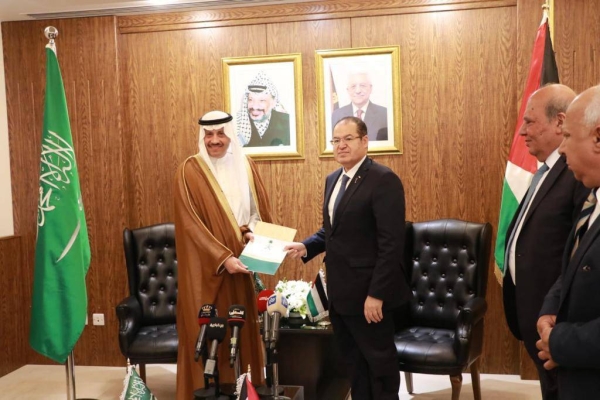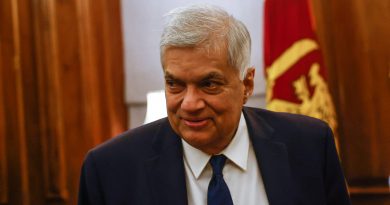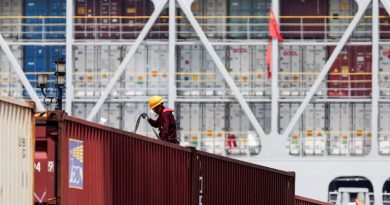Palestinians welcome the first Saudi Ambassador
Amman — Palestinian officials warmly received the first-ever Saudi Arabian ambassador on Saturday, signaling a show of support and potentially paving the way for closer ties between the two nations.
The move comes at a time when the United States is actively pursuing a historic Middle East deal, which includes the normalization of relations between Israel and Saudi Arabia.
Saudi Arabia, the birthplace of Islam, has long been a staunch supporter of the Palestinian cause and has refrained from establishing official diplomatic relations with Israel. However, recent geopolitical shifts and the U.S. push for regional cooperation have prompted discussions surrounding the prospect of Israeli-Saudi normalization.
During a ceremony held in Jordan, Majdi al-Khalidi, the diplomatic adviser to Palestinian President Mahmoud Abbas, received a copy of Ambassador Nayef Al-Sudairi’s credentials as a non-resident envoy. The official Palestinian news agency, Wafa, reported al-Khalidi’s statement, in which he described the appointment as “an important step that will contribute to further strengthening the strong brotherly relations that bind the two countries and the two brotherly peoples”.
While this appointment is seen as a significant gesture, Palestinian analyst Talal Okal suggests that it represents a half-step towards establishing an official Saudi representation office in the occupied West Bank. Okal also views it as a message from Saudi Arabia, demonstrating its commitment to the rights of Palestinians and their aspirations for a fully sovereign state.
Concerns have been raised among Palestinians regarding the potential normalization of relations between Saudi Arabia and Israel. Palestinian Foreign Minister Riyad al-Maliki recently expressed the hope that the Western-backed Palestinian Authority would engage with Saudi Arabia to address these concerns. The Palestinian Authority fears that any agreement between Saudi Arabia and Israel could weaken support for the Palestinian cause in the broader Arab world and undermine their pursuit of an independent Palestinian state.
Although U.S., Israeli, and Saudi officials have indicated that any such agreement would still be a long way off, citing the need to resolve complex issues such as the escalation of violence in the Israeli-occupied West Bank and Saudi Arabia’s potential development of civilian nuclear power.
Israeli Prime Minister Benjamin Netanyahu, in an interview with NBC earlier this month, stated that the Palestinians should have the power to govern themselves but not the power to threaten Israel. However, members of Netanyahu’s hard-right coalition have categorically ruled out making any concessions.
As the region navigates these delicate negotiations and potential shifts in alliances, the appointment of the first Saudi ambassador to Palestine carries symbolic weight. It remains to be seen what impact this development will have on the broader Middle East landscape and the aspirations of the Palestinian people for self-determination and statehood.



